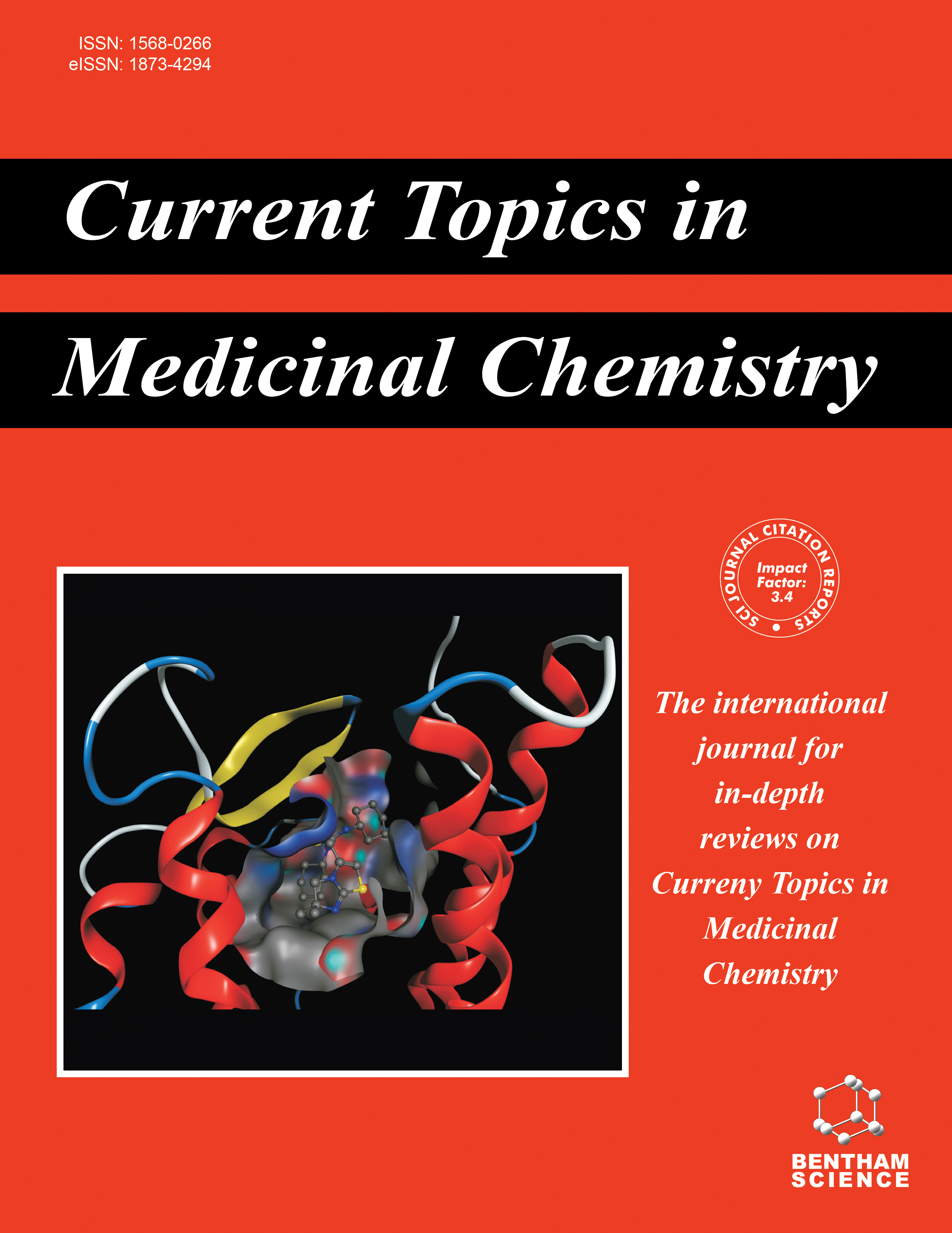
Full text loading...

During cerebral ischemia, brain tissue is damaged in two successive stages: ischemia and reperfusion (I/R). In the ischemic phase, brain tissue undergoes energy failure due to an impaired circulatory system (cerebrovascular), resulting in oxygen and glucose deprivation and consequent brain damage.
The study aimed to determine the effect of a two-week administration of naringin on caspase-3, IL-17, and NF-κB levels in cerebellar tissue in experimental focal brain ischemia-reperfusion in rats.
The research was conducted on 10- to 12-week-old Wistar-type rats obtained from the Selcuk University Experimental Animals Research and Application Center. Experimental brain ischemia-reperfusion in rats was performed under general anesthesia (carotid arteries were exposed to ischemia for 30 minutes). Experimental groups were formed as follows. 1) Control group, 2) Sham, 3) Sham + vehicle, 4) Ischemia-reperfusion, 5) Ischemia-reperfusion + Naringin supplemented group for two weeks (100mg/kg). At the end of the experiments, the levels of IL-17, caspase-3, and NF-κB were determined in the cerebellum tissue of the animals under general anesthesia. First of all, blood was drawn from the heart, and the animals were killed by cervical dislocation.
Experimental brain ischemia-reperfusion significantly increased caspase-3, IL-17, and NF-κB levels in the brain tissue of rats. In contrast, naringin supplementation for 2 weeks significantly suppressed the ischemia-reperfusion-induced inflammatory process.
The findings obtained from our research generally showed that, as a result of focal brain ischemia-reperfusion in rats, the levels of NF-κB, a key molecule involved in inflammatory pathways, as well as the pro-inflammatory cytokine IL-17 and caspase-3, an indicator of apoptosis, increased significantly in cerebellar tissue. However, intragastric naringin supplementation for two weeks following ischemia-reperfusion led to significant improvements in the adverse effects caused by the ischemic injury.
The study's results demonstrate that naringin treatment effectively mitigates inflammatory activation in the cerebellum following brain ischemia-reperfusion in rats.

Article metrics loading...

Full text loading...
References


Data & Media loading...